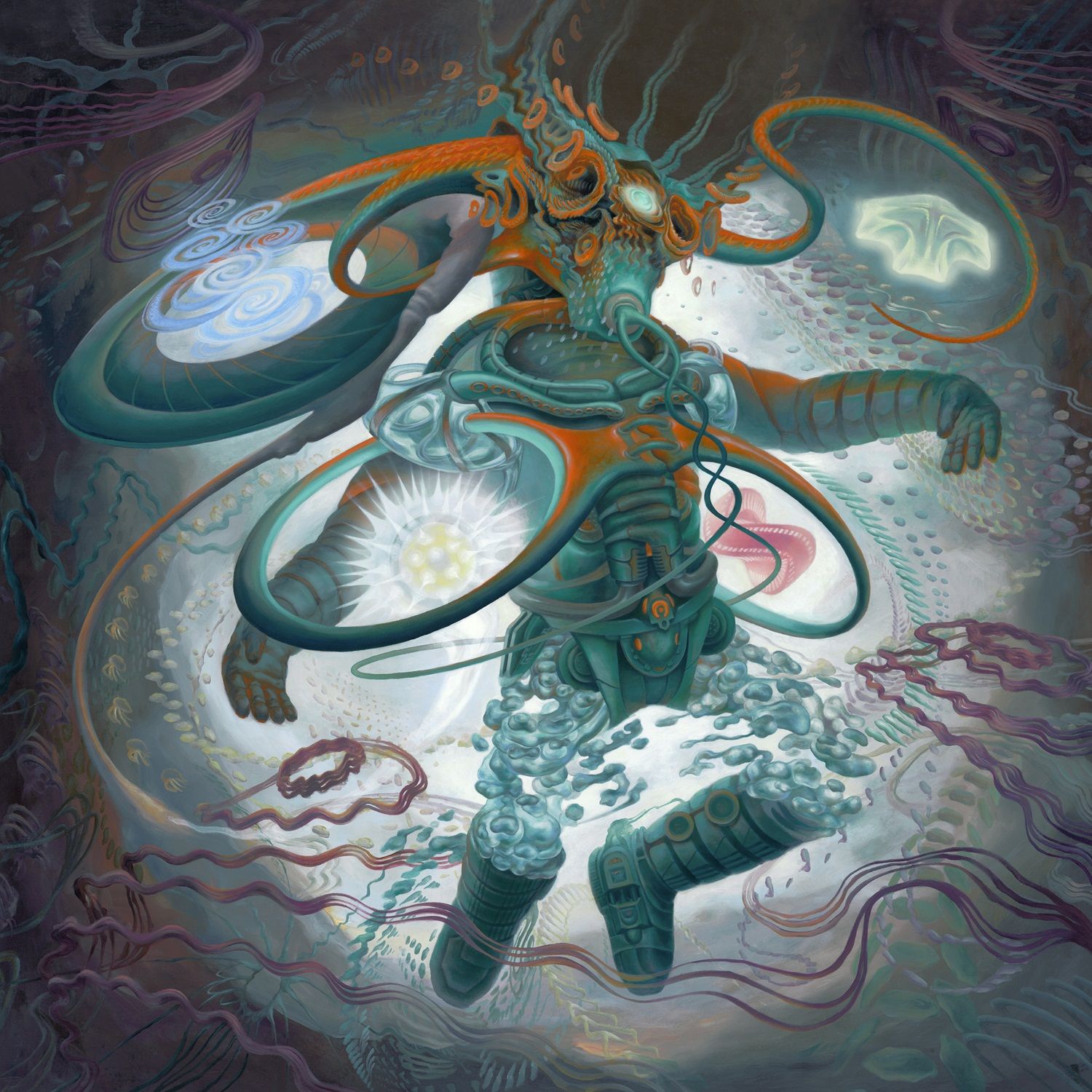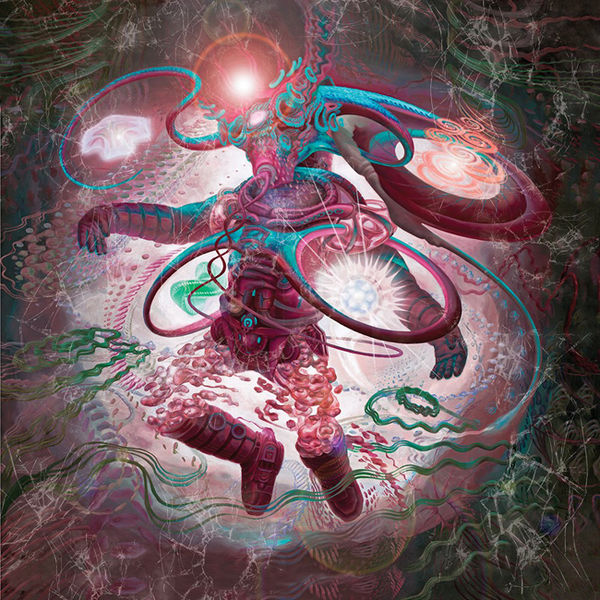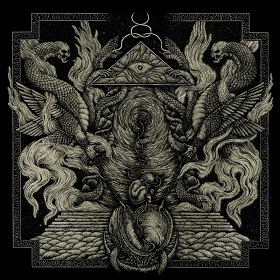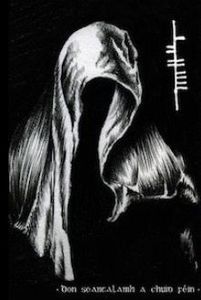Doth- Datura Wrightii
Over the next several weeks, Curse of the Great White Elephant will be doing some spotlight reviews for Extreme Music acts located in Arizona.
Why? Because Arizona's local music scene, and particularly it's local Extreme Music scene, is mostly terrible. There is a reason why bands who gain any measure of success in the AZ either move the fuck out(Graves at Sea, Vektor) or break-up(Vehemence): because the AZ scene can be incredibly toxic at times, sucking the life out of bands and artists who try to reach a greater audience. The reasons for this are numerous: AZ largely lacks a strong youth culture and is populated by migrants from other states who would as soon leave and head to California, Oregon or New York and pursue their musical dreams there. Cities and towns in AZ are often great distances from each other, and getting together with like minded musicians can be both time consuming and cost prohibitive. As someone who was in a band, and had to drive 15 miles just to get to practice and sometimes 100's of miles just to play at an anarchist bookstore without pay, being in a band in AZ and merely being able to focus on the music can be difficult.
But it's not all bad. Since I quit following the local scene, things have started to pick up just a bit. AZ is experiencing a bit of an upswing in it's local Extreme Music scene, and since this is where I live and since I often bitch about the state of the local scene, I owe it to the bands in the AZ to support them and help build up the scene in my own little way: by being a critical, nit-picking asshole about their demos. So welcome to out first ever Deseret Rot segment.
Doth are a mysterious Tempe, AZ Black Metal band with very little in the way of available information on them. Signed to Phoenix based record label Tagobella, Doth play a style of raw, atmospheric Black Metal which is not easy to pigeon-hole. It's far more throat-slicing, nasty and aggressive than the Liturgy's of the world, yet has a more modern and progressive feel than the Black Twilight Circle and their LLN-esque traditionalism, falling somewhere in a strange, caustic middle-ground populated with trumpets and insane, swirling, Death Metal-infused riffs. At times eerily melodic, at other times simply head smashing, Datura Wrightii is a limited experience at only two songs, but also dynamic enough to be engrossing.
The title track is by far the better of the two, and comes exploding forth with the most devastating riff on the album, one heavily influenced by Blackened Death Metal and inhumanly ferocious. It quickly begins running the gauntlet between grimy and atmospheric traditional Black Metal riffs and haunting, melodic and modern atmospheric compositions, as well as the most effective use of a trumpet I have ever heard in a Black Metal song. It's an absolutely massive track, slamming like a meteor into a Russian woodland and leveling everything for miles around. The vocals are powerful and deranged, and the drumming, while a bit raw and sloppy, is also explosive and thunderous. It's the kind of track that gets heads banging and blood pumping, and it's a damn fine effort which fully explores the bands musical palette. "Schist Crevice" doesn't fare quite as well: the production quality is clearly much different and generally very poor. It lacks almost all of the aggression of the title track and stumbles in a failed effort to be hyper-atmospheric and noise-y. It has some haunting moments, particularly in the last minute or so when the noise begins to crescendo into what sounds like a choir of banshee's, and the vocals remain vicious and unhinged, but the horrendous drum sound(sounds like a drum machine) is a major buzz kill.
Doth are planning to begin recording a new album shortly, and if the album bears any resemblance to the title track of Datura Wrightii, than we are going to be in for a treat. Doth are a band which don't sound like any other Black Metal band from Arizona that I have heard, and have serious potential to become one of the big new things in Atmospheric Black Metal. That potential is not completely realized here, but the title track alone is worth any Black Metal fans time.
Rating: 7/10
Be sure to check out Tagobella's Bandcamp here
And be on the look out for more Desert Rot segments.











